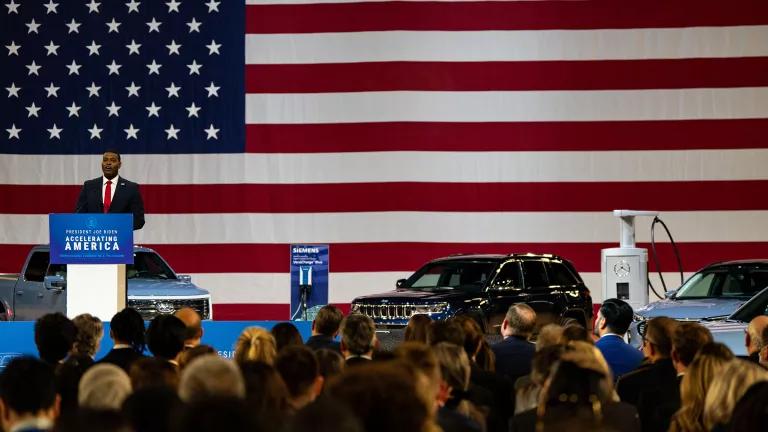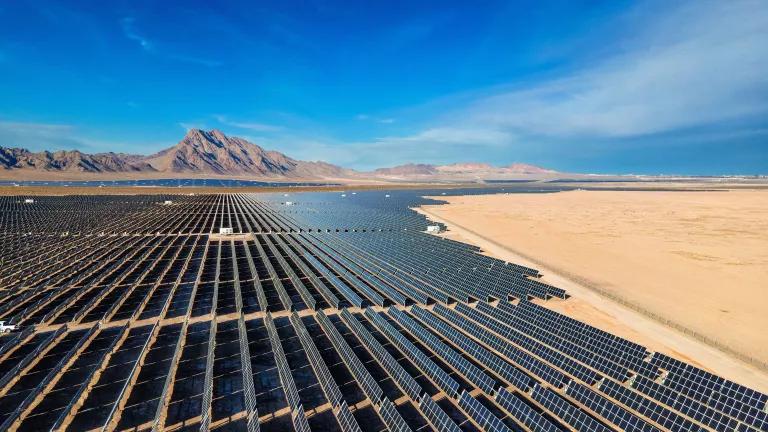One of the nation’s largest utilities—Pacific Gas and Electric (PG&E)—has begun the process of deploying approximately 7,500 electric vehicle (EV) charging stations in northern and central California.
Merced College, in the San Joaquin Valley, is working with the utility to install the first 12 charging ports in the EV Charge Network program. This program, which runs through 2020, is in addition to the approximately 4,500 EV charging stations being installed by Southern California Edison (via a 1,000 station program that is fully enrolled, with construction expected to be complete in mid 2017) and San Diego Gas & Electric (via a 3,500 station program that is still taking applications, with construction likely to run through 2019).
All three programs partner with independent EV charging companies to help customers install charging stations at workplaces, as well as apartment complexes and other multi-family residential locations.
The programs promise to deliver Californians cleaner air and a cheaper way to run their vehicles. By matching EV charging to hours of the day when wind and solar generation are plentiful, the program will also lower the costs of meeting California's goal of procuring at least half of its electricity from renewable resources by 2030.
The utility programs aim to educate customers as to the benefits of driving on electricity and fill a need for charging infrastructure at workplaces, apartment complexes, and other locations where cars are parked for most of the day. This combination should tap pent-up demand for EVs outside of single-family homes, increase the number of miles driven on electricity, and ensure that cars are plugged in when solar and wind generation peak.
These programs will be soon followed by 15 different pilots that were recently approved by the California Public Utilities Commission and which target cars, trucks, buses, cranes, airport equipment, forklifts and other things that move. And the commission is expected to rule on another $1 billion in full-scale programs to electrify transportation as required by state law in May, 2018. For more, see CA Moves to Electrify Cars, Trucks, Buses & Other Stuff



